Main Navigation Menu
© 2025 Tech Jacks Soutions, All Rights Reserved
© 2025 Tech Jacks Soutions, All Rights Reserved
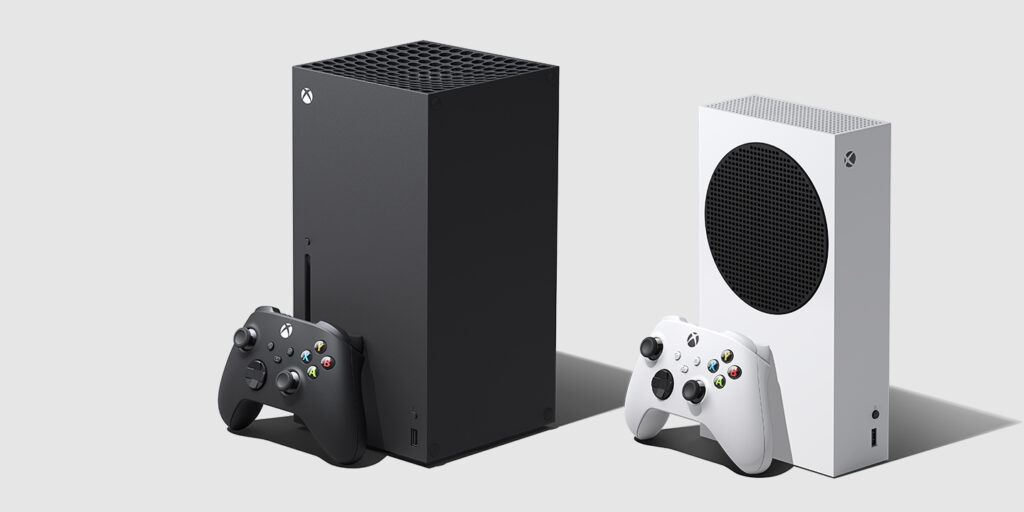
Xbox Series S problems have reached a breaking point with Black Myth: Wukong’s year-long delay exposing fundamental flaws in Microsoft’s dual-console approach.
Microsoft’s dual-console strategy has backfired spectacularly, transforming the Xbox Series S from budget entry point into brand liability that damages developer relationships and excludes marquee titles from the platform entirely. Black Myth: Wukong’s year-long delay exemplifies the fundamental problem: when developers must choose between optimizing for Microsoft’s weakest hardware or skipping Xbox entirely, the platform loses VGChartzTheGamer.
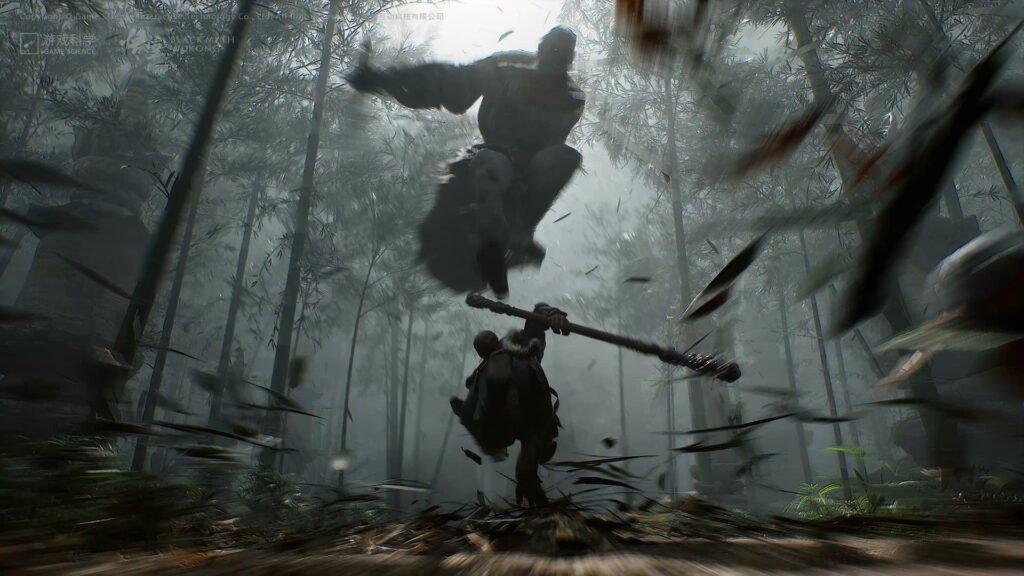
Game director Feng Ji confirmed what industry insiders suspected: “that 10G shared memory, without a few years of optimization experience, it really can’t be taken down.” The 10GB of RAM in the Xbox Series S compares poorly to the 16GB in both Xbox Series X and PlayStation 5 Black Myth: Wukong Developer Blames Xbox Series S on Xbox Delay, creating an optimization nightmare that excludes Xbox from major releases.
Black Myth: Wukong director Feng Ji has confirmed that the Xbox Series S’s memory is the reason behind the game’s indefinite delay. It debunks rumors from earlier this year that developer Game Science had entered a shady PlayStation exclusivity deal Black Myth: Wukong’s Director Confirms Xbox Delay Is Because Of The Series S. The technical explanation destroys Microsoft’s preferred narrative of conspiracy theories while exposing the platform’s fundamental hardware limitations.
Developers are required to release their games on the Xbox Series X and S in order to release them on the current generation of Xbox consoles Black Myth: Wukong Developer Blames Xbox Series S on Xbox Delay. This mandatory parity policy forces developers to optimize for the weakest hardware in Microsoft’s ecosystem, creating systemic disadvantages compared to PlayStation’s single-SKU approach.
The year-long delay damage extends beyond individual titles to broader brand perception. Black Myth Wukong launches on August 20th, 2025 for Xbox Series S/X. After the delay because of optimization for the weaker Series S console the game is finally going to launch 1 year after its PS5/PC release Black Myth Wukong launches on August 20th, 2025 for Xbox Series S/X | IconEra. Xbox customers received inferior treatment while PlayStation users enjoyed the year’s biggest action game.
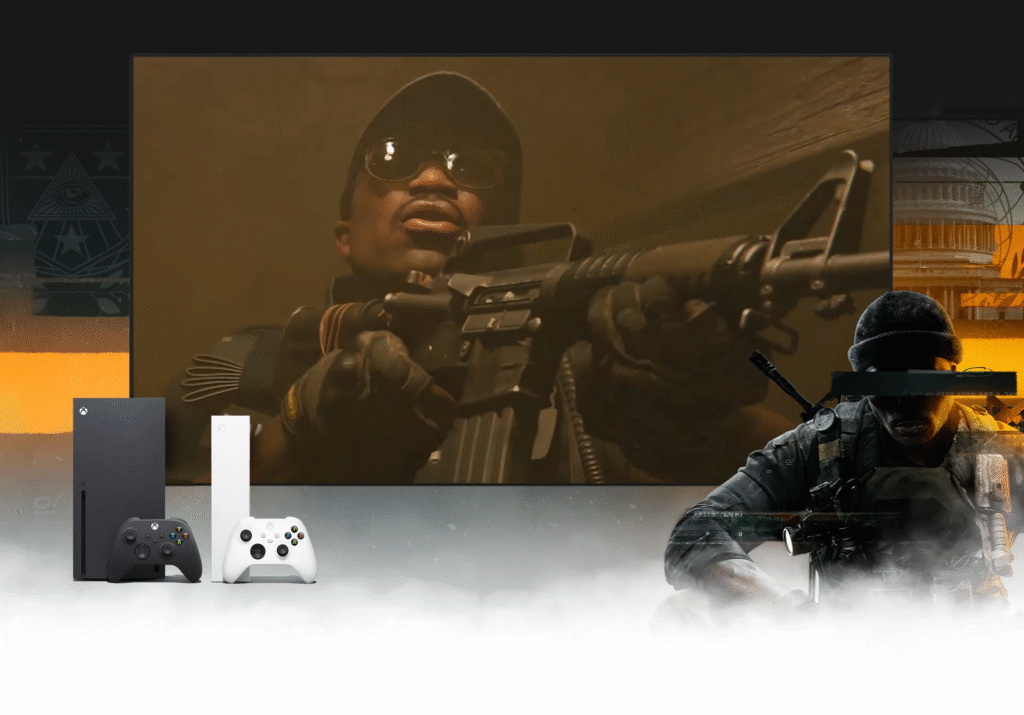
According to reporting from Video Games Chronicle, Bossa Studios VFX artist Ian Maclure has stated on Twitter that development for the technically inferior platform has been “an albatross around the neck of production” Xbox Series S Developer Claims Requirements are Holding Next-Gen Games Back – ComicBook.com. The private Twitter statements, later deleted, revealed industry frustration that Microsoft prefers to suppress.
VFX Artist for Bossa Studios Ian Maclure revealed that the reason why we are hearing this so much lately is that many developers have been trying for the past year to get the Xbox Series S launch requirements dropped, adding that the console has been an albatross around the neck of production Many Developers Have Been Trying to Get Xbox Series S Launch Requirements Dropped. Behind-the-scenes lobbying demonstrates systematic developer resistance to Microsoft’s dual-console mandate.
Xbox Series S was “annoying to optimize for,” Suicide Squad developer says “I wish the Series S never existed, man.” “Xbox held back an entire generation” The Series S Is Now Getting Blamed For Holding Back Gaming As a Whole Former Rocksteady developers publicly expressing regret about hardware existence represents unprecedented industry criticism of platform holders.
In a reply on Twitter that is no longer able to be seen, Ian Maclure countered veteran journalist Jeff Gerstmann’s opinion that given the variety of PC hardware that needs to be accounted for, the argument that Xbox Series S is handicapping this generation holds no water Developer Calls the Xbox Series S an ‘Albatross Around the Neck of Production’. The deleted responses suggest that Microsoft or industry pressure may have led to the suppression of critical commentary.
The pattern emerges clearly: developers complain, delete statements, then provide sanitized clarifications that protect business relationships while abandoning honest technical assessment. These corporate intimidation tactics undermine transparency and hinder honest discussions about platform limitations.
Originally released in August of that year, BG3 received a PS5 port just one month later but took significantly longer to get an Xbox release in December. This, according to comments from the developers, was mostly due to issues surrounding Xbox’s feature parity policy between the Series X and Series S, with BG3’s local co-op split-screen mode being too intensive for the latter to handle Why Black Myth: Wukong Still Isn’t On Xbox Explained By Director.
Baldur’s Gate 3’s eventual release on Xbox was the result of a compromise that removed local split-screen co-op from the Series S version of the game Why Black Myth: Wukong Still Isn’t On Xbox Explained By Director. Microsoft’s “solution” involved removing features rather than addressing hardware limitations, establishing precedent for platform-specific downgrades.
Unfortunately for Black Myth: Wukong, however, there doesn’t seem to be any single equivalent feature that could be removed to get the game to work on the Series S Why Black Myth: Wukong Still Isn’t On Xbox Explained By Director. When games require comprehensive optimization rather than feature removal, Microsoft’s workaround strategies fail entirely.
The Baldur’s Gate 3 compromise demonstrates Microsoft’s willingness to sacrifice gameplay features to maintain dual-console parity. Xbox customers received inferior versions of multiplatform games while Microsoft pretends platform equivalence exists.
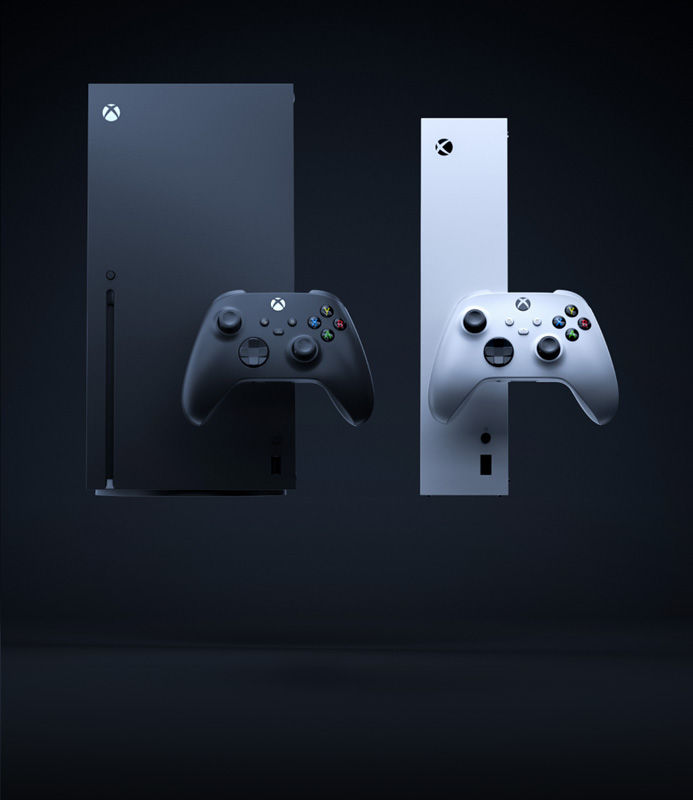
Windows Central’s own Jez Corden made note of Microsoft’s refusal to comment on the potential deals that Game Science might have made with other companies. The reputable insider took this as a sign that the Xbox manufacturer could be insinuating that there’s some form of third-party exclusivity deal in place for Black Myth: Wukong Microsoft Responds to Black Myth Wukong Xbox Delay.
Jez Corden of Windows Central reported that Microsoft had suggested Black Myth: Wukong skipped Xbox due to some form of timed exclusivity; further adding to this angle in a more recent article that Microsoft is “internally operating under the idea that Black Myth: Wukong took some form of timed exclusivity with PlayStation” Black Myth: Wukong’s delayed Xbox release damages the brand – and the conspiracy theories don’t help much either. – XboxEra.
Microsoft’s preferred narrative blamed PlayStation exclusivity deals rather than acknowledging Xbox Series S limitations. “We can’t comment on the deals made by our partners with other platform holders,” said Microsoft, “but we remain focused on making Xbox the best platform for gamers, and great games are at the center of that” Microsoft Responds to Black Myth Wukong Xbox Delay. Corporate doublespeak avoided responsibility while implying competitor interference.
What would make less sense is to throw Microsoft under the bus in order to save face with the audience disappointed by the delay. Dozens upon dozens of articles and YouTube videos blaming the Xbox Series S for Black Myth: Wukong’s delay appeared in the wake of the delay statement, creating yet another flurry of doubt over the Xbox Series X|S platform Hotly anticipated ‘Black Myth: Wukong’ is delayed on Xbox Series X|S — and now, Microsoft has responded.
The conspiracy theory strategy backfired when developers provided technical explanations that contradicted Microsoft’s exclusivity claims. Company credibility suffered through evidence-free accusations while the real technical problems remained unaddressed.
It began with veteran games journalist Jeff Gerstmann posting a tweet suggesting he doesn’t think the argument that the ‘Series S is holding back next-gen games’ holds up saying “most of these games also come to PC and already have to cover a wide variety of configurations” Developers Held Back By Xbox Series S? – Dark Horizons.
The Switch is not generally looked at as a companion platform for most big AAA titles. The ones of which would really be trying to push the boundaries of PS5 and Series X. And any of those titles that DO make their way to Switch do so via streaming. So no, the Switch isn’t really an issue there Developer claims ‘many’ studios are asking Xbox to drop mandatory Series S compatibility | VGC.
The PC comparison ignores fundamental differences in platform requirements. PC developers can set minimum system requirements and exclude weaker hardware, while Microsoft mandates Xbox Series S compatibility regardless of technical feasibility.
So it seems to run pretty decent on the series s version funny that considering the “delays” where over that version! Turns out that 10GB RAM was not an issue after all Black Myth: Wukong Comparison Shows Difference Between Xbox Series X And Series S | Pure Xbox. When Black Myth finally launched on Xbox Series S, performance analysis revealed significant compromises that validated developer concerns about optimization challenges.
PC gaming allows hardware scaling and user choice, while console gaming demands consistent experiences across platform SKUs. Microsoft’s dual-console strategy forces lowest-common-denominator development that benefits neither SKU.
Similarly, the Steam Deck and other popular handheld devices are also capable of running Black Myth: Wukong – although, to be fair, the Steam Deck has 16GB RAM, which adds weight to Ji’s claims Black Myth: Wukong’s delayed Xbox release damages the brand – and the conspiracy theories don’t help much either. – XboxEra. The handheld comparison highlights Xbox Series S’s memory limitation relative to competing portable devices.
Unfortunately, when developing for different variations of the same console, both versions need to be perfect before launch, and the Series S is holding back the Xbox Series X Black Myth: Wukong Director Blames Series S For Xbox Delay – AllKeyShop.com. Microsoft’s parity requirements prevent Xbox Series X from receiving optimizations that would differentiate it from the weaker SKU.
Steam Deck’s superior memory configuration enables ports that Xbox Series S cannot handle, demonstrating how Microsoft’s cost-cutting measures created technical limitations that affect entire platform perception.
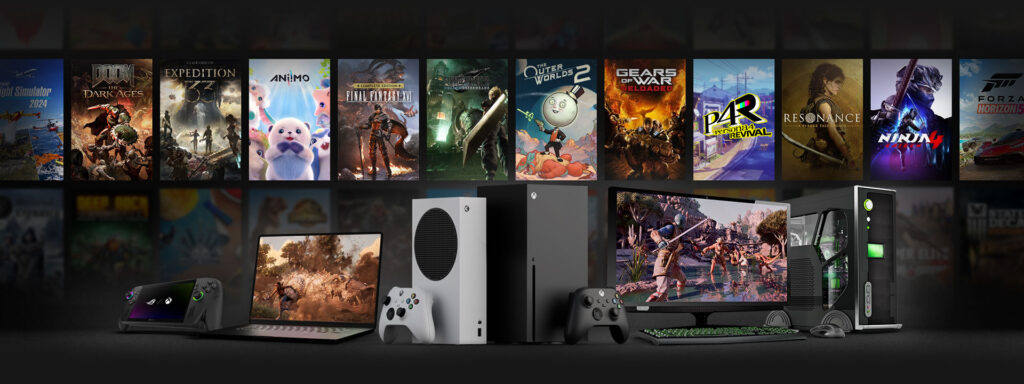
Game Science isn’t the only developer that has had problems with the Series S. Dune Awakening developer Funcom claimed that working with the system is “a challenge”, while a former Naughty Dog and Rocksteady developer straight up just wished the console “never existed” Black Myth: Wukong’s Director Confirms Xbox Delay Is Because Of The Series S.
The Series S is significantly less powerful than its big brother, the Series X. Because of that various game developers, in the past, omitted certain features, like the lack of split-screen in Baldur’s Gate 3 on the Series S. Some other studios like Black Myth Wukong fame Game Science have skipped the entire Xbox Series ecosystem for the time being “Xbox held back an entire generation” The Series S Is Now Getting Blamed For Holding Back Gaming As a Whole.
Maclure went on to say that Bossa is not the only one being held back, as several other teams have complained about Microsoft’s requirement that developers release games on both Xbox Series X and Xbox Series S Xbox Series S Developer Claims Requirements are Holding Next-Gen Games Back – ComicBook.com. Multiple studio complaints indicate systematic platform problems rather than isolated optimization challenges.
The pattern extends beyond individual complaints to systematic developer behavior changes. Studios increasingly prioritize PlayStation development while treating Xbox as secondary consideration, reversing Microsoft’s previous generation momentum.
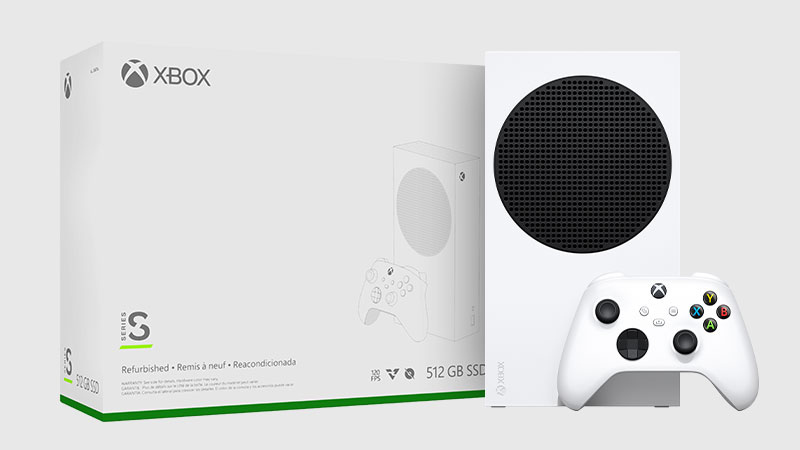
Microsoft’s Xbox Series S could be holding back proper next-gen gaming — and that’s got me worried I’m worried the Xbox Series S is holding back true next-gen gaming | Tom’s Guide. Industry analysis recognizes Xbox Series S as generational constraint that affects broader gaming advancement rather than isolated platform limitation.
Furthermore, many in the community feel that the Series S is holding back the entire generation “Xbox held back an entire generation” The Series S Is Now Getting Blamed For Holding Back Gaming As a Whole. Consumer perception links Xbox Series S limitations to broader gaming industry stagnation, damaging Microsoft’s brand beyond immediate platform competition.
The 10 GB RAM is a restricting limit, where other devices (PS5, Series X, Steam Deck) have 16 GB Battlefield 6 Dev Says Working On Xbox Series S Improved The Entire Game | Pure Xbox. Memory limitations create systemic disadvantages that affect all Xbox development rather than representing minor optimization challenges.
The dual-console strategy represents Microsoft’s biggest strategic mistake of the current generation. By forcing developers to optimize for weaker hardware, Microsoft created artificial constraints that benefit neither budget nor premium gaming segments.
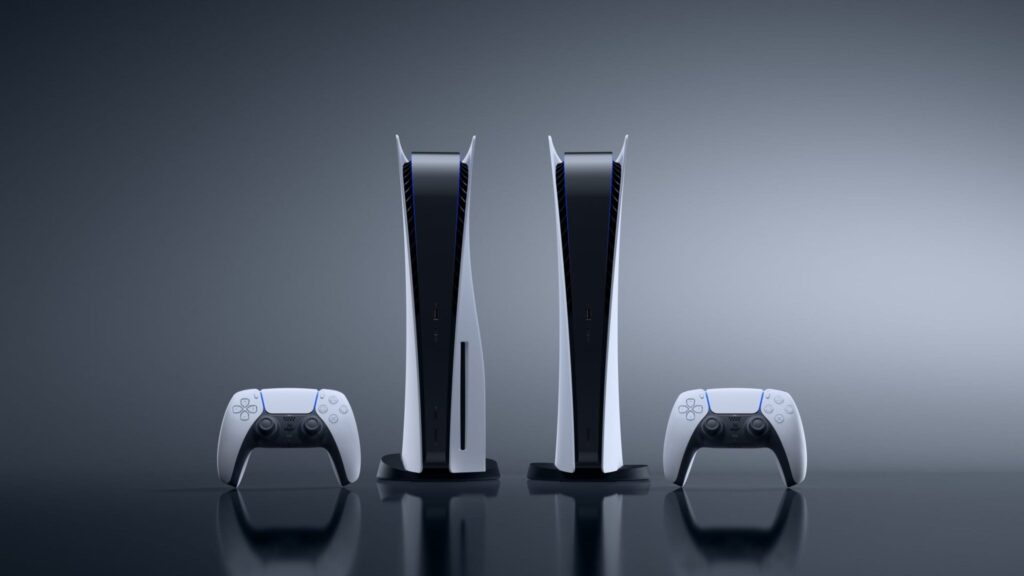
PlayStation could be considered victors, however, given that PS5 exclusives have no restraints other than the console itself Developer Calls the Xbox Series S an ‘Albatross Around the Neck of Production’. Sony’s single-console approach enables optimizations that Microsoft’s dual-SKU strategy prevents, creating systematic competitive advantages.
There are no winners in this situation, with Microsoft in a potentially impossible position; maintain Xbox Series S and X launch requirements, potentially holding back a generation, or allow developers to ditch the entry level console, breaking promises made to consumers in the process Developer Calls the Xbox Series S an ‘Albatross Around the Neck of Production’.
PlayStation developers can focus optimization efforts on single hardware configuration while Xbox developers must compromise between competing platform requirements. This fundamental advantage compounds over time as development cycles favor streamlined approaches.
Sony’s consistent hardware messaging and single-SKU optimization enable developer relationships that Microsoft’s complex requirements damage. The strategic clarity provides PlayStation significant competitive advantages in major title acquisition.
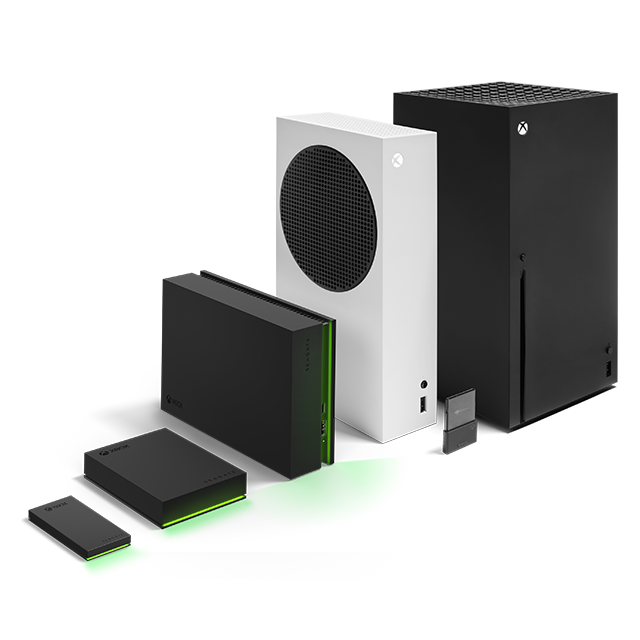
Microsoft’s Xbox Series S strategy represents this generation’s biggest platform blunder, transforming budget hardware accessibility into systematic developer alienation that excludes major titles from the entire Xbox ecosystem. The mandatory parity policy forces optimization for weakest hardware while preventing premium SKU differentiation.
Black Myth: Wukong’s year-long delay exemplifies how Microsoft’s dual-console requirements damage brand perception and customer relationships. When developers must choose between Series S optimization and platform exclusion, Xbox consistently loses marquee content that defines gaming generations.
The developer revolt reveals industry frustration with Microsoft’s platform policies while demonstrating corporate pressure to suppress honest technical criticism. Deleted Twitter statements and sanitized clarifications indicate systemic intimidation that damages transparency and developer trust.
Microsoft’s conspiracy theory messaging represents desperate deflection from hardware limitations while damaging relationships with platform partners. Blaming PlayStation exclusivity deals instead of acknowledging Series S constraints erodes credibility and prevents honest technical discussion.
The PC comparison fallacy ignores fundamental differences between optional hardware scaling and mandatory console parity. Xbox Series S creates optimization requirements that benefit neither budget nor premium gaming while constraining entire platform advancement.
Steam Deck’s superior memory configuration compared to Xbox Series S exposes Microsoft’s false economy in hardware specifications. When handheld devices surpass console capabilities, the platform strategy credibility collapses entirely.
Industry pattern recognition confirms systematic developer complaints rather than isolated optimization challenges. Multiple studio criticism indicates platform problems that Microsoft refuses to acknowledge while demanding corporate compliance.
The generation-defining impact extends beyond individual game delays to broader industry stagnation linked to Microsoft’s artificial hardware constraints. Xbox Series S limitations affect entire gaming advancement rather than representing isolated platform competition.
PlayStation’s single-SKU advantage compounds over development cycles as studios prioritize streamlined optimization over complex platform requirements. Sony’s strategic clarity enables developer relationships that Microsoft’s dual-console complexity systematically damages.
Smart consumers should recognize Xbox Series S as platform liability rather than budget opportunity. The hardware limitations exclude major titles while forcing compromises that benefit neither performance nor affordability segments effectively.
Microsoft’s dual-console generation represents strategic failure that prioritizes short-term market segmentation over long-term platform health. The Series S experiment damaged Xbox brand credibility while providing PlayStation unopposed advantages in developer relationships and major title acquisition.
